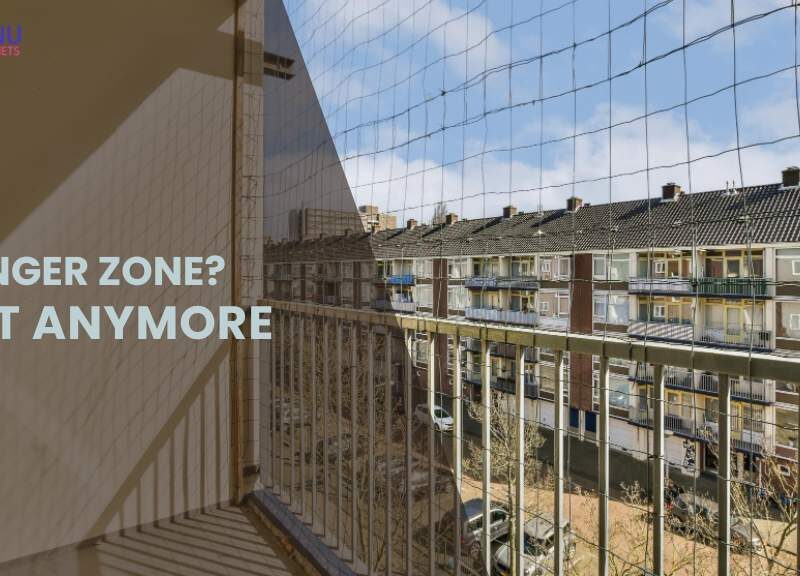In the realm of workplace safety, one often-overlooked hero stands tall: safety nets. These unassuming yet crucial devices serve as a reliable shield against accidents, especially in industries where working at heights is common. From construction sites to industrial facilities, safety nets play a vital role in protecting workers and preventing injuries. Let’s delve deeper into the significance of safety nets and how they contribute to a safer work environment.
What Are Safety Nets?
Safety nets are specialized nets made from high-strength materials such as polypropylene or nylon. They are designed to catch falling objects or persons, thereby minimizing the risk of serious injuries or fatalities in the event of a fall. Safety nets are typically installed beneath elevated work areas, such as construction sites, bridges, or elevated platforms, to provide a reliable safety measure for workers operating at heights.
Key Benefits of Safety Nets:
- Fall Protection: The primary purpose of safety nets is to arrest falls and prevent workers from hitting the ground or lower levels. Safety Nets In Chennai providing a cushioned landing surface, safety nets significantly reduce the risk of severe injuries in case of a fall.
- Versatility: Safety nets can be customized to fit various work environments and configurations. They are available in different sizes and strengths to accommodate specific job requirements, making them suitable for a wide range of industries and applications.
- Ease of Installation: Safety Nets In Chennai is relatively straightforward, requiring minimal time and effort. Once properly installed, they provide continuous protection without the need for constant adjustments or maintenance.
- Cost-Effectiveness: Compared to other fall protection systems such as guardrails or personal fall arrest systems, safety nets offer a cost-effective solution for mitigating fall hazards. Their long lifespan and reusability make them a wise investment for businesses seeking to enhance workplace safety.
- Compliance: Safety nets comply with industry standards and regulations governing workplace safety, ensuring that businesses meet legal requirements and maintain a safe working environment for their employees.
- Peace of Mind: By having safety nets in place, employers and workers alike can have peace of mind knowing that an additional layer of protection is in place to safeguard against falls and accidents.
Applications of Safety Nets:
- Construction Sites: Safety nets are commonly used in construction projects to protect workers performing tasks at elevated heights, such as roofing, framing, or scaffolding work.
- Industrial Facilities: Manufacturing plants, warehouses, and industrial facilities often utilize safety nets to safeguard workers operating on elevated platforms or mezzanine levels.
- Bridge Maintenance: During bridge inspection or maintenance activities, safety nets serve as a crucial safety measure for workers working over water or traffic lanes.
- Aerial Work Platforms: Safety nets can be installed on aerial work platforms, such as boom lifts or cherry pickers, to prevent falls and provide added protection for workers.
- Roofing Projects: Roofing contractors frequently employ safety nets to protect workers from falls while performing roof installation, repair, or maintenance tasks.
Safety Nets In Chennai are indispensable allies in the pursuit of workplace safety. Their ability to provide reliable fall protection, versatility, ease of installation, cost-effectiveness, and compliance with safety standards make them an essential component of any comprehensive safety program. Vishnu Safety Nets prioritize fall prevention measures, create safer work environments, reduce the risk of injuries, and protect the well-being of their most valuable asset—their employees. Remember, when it comes to workplace safety, safety nets are your trusted partner in ensuring a secure and productive work environment.


